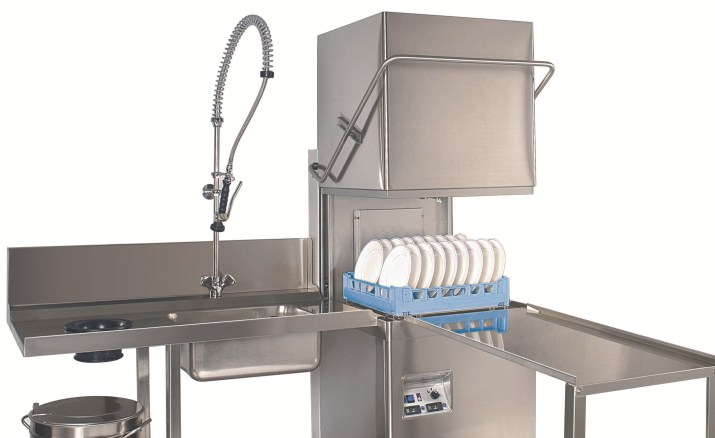Clever CleaningExtract from TUCO magazine article March 2017 |

|
| < Back |
The warewashing industry has experienced a serious technological evolution and university caterers can maximise the advantages this presents. Let's face it, without warewashing equipment, foodservice outlets would very quickly come to a grinding halt. It's for this simple reason the purchase and maintenance of commercial warewashers needs to be taken seriously. The fact that university catering operations are consistently under the cosh, meeting the demands of hungry students and staff, means that warewash set-ups need to be super slick. "In universities, schools and other businesses the constant pressure on reducing costs, including staffing costs, while also coping with increased demand for services, seems unrelenting," says Bob Wood, director DC Warewashing & Icemaking Systems. "Operators have to work smarter and it stands to reason that the machines they employ in the kitchen should also follow suit." Commercial kitchens consume a vast amount of electricity, gas and water, so any way in which operators can reduce this should be explored. This will not only help with corporate social responsibility targets, but reduce utility bills, too. Manufacturers have responded to the demand for more energy-, water- and chemical-efficient warewashers by focusing their efforts in this area and producing machines with impressive credentials. SHOP EFFICIENT - Courtesy of DC Warewashing and Icemaking Systems Operators should look for the latest developments on the market, which not only have the potential to save money on electricity and water but also offer greener, more environmentally-friendly alternatives:
|
Read Similar
Licence to Chill |
Let there be life! |
Kitted Out |
Clean Catering |




